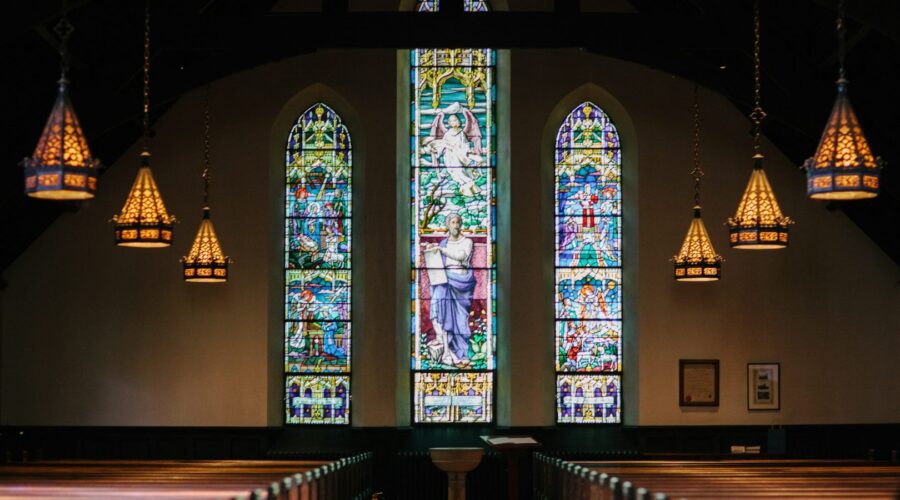Your cart is currently empty!
Unveiling the Worldwide Church of God: A Comprehensive Guide

Genesis and Establishment
The Worldwide Church of God (WCG) emerged as a result of Herbert W. Armstrong’s teachings, an American evangelist and radio broadcaster. In 1934, he established the Radio Church of God, later renamed Pasadena Church of God, and published the magazine “The Plain Truth.” Armstrong’s belief system, known as Armstrongism, formed the theological core of the church.
In 1968, the Pasadena Church of God underwent a name change to become the Worldwide Church of God, reflecting its growing international presence.
Armstrongism: A Distinctive Doctrine
Core Beliefs
- The Sabbath: WCG adherents observe the Sabbath on Saturday, as per the Ten Commandments.
- Holy Days: The church celebrates seven annual Holy Days prescribed in the Old Testament.
- Millennialism: Armstrongism holds that Jesus Christ will return to establish a 1,000-year kingdom on Earth.
- Tithes and Offerings: Members are expected to tithe (give 10% of their income) and make additional offerings to the church.
Controversies and Reforms
Armstrong’s doctrine and methods drew both praise and criticism. Some critics labeled the WCG a cult due to its strict adherence to Old Testament laws and its isolationist approach to other Christian denominations.
After Armstrong’s death in 1986, the WCG underwent significant doctrinal changes under new leadership. In 1995, the church disavowed many of Armstrong’s teachings, including the observance of Holy Days and tithing requirements.
Worldwide Presence and Influence
At its peak in the 1970s and 1980s, the WCG had a global membership exceeding one million, with congregations in over 140 countries. The church’s media outreach included the “The Plain Truth” magazine, the “World Tomorrow” television program, and a network of radio stations.
The Worldwide Church of God played a significant role in the growth of the charismatic movement in the United States and abroad. Its teachings and evangelism helped to popularize concepts such as the baptism of the Holy Spirit and the imminence of Christ’s return.
Legacy and Impact
The Worldwide Church of God has had a lasting impact on the religious landscape.
Branches and Offshoots
- Living Church of God: A splinter group formed in 1999, maintaining a strict adherence to Armstrongism.
- Church of God, a Worldwide Association: Established in 2009, this group represents a more progressive interpretation of Armstrong’s teachings.
- Grace Communion International: Formerly known as Armstrong Church of God, it disavowed many of Armstrong’s doctrines.
Biblical Interpretation and Sabbath Observance
Armstrong’s emphasis on the Sabbath and the Old Testament has influenced other Christian denominations, including Seventh-Day Adventists and the Church of God (Seventh-Day).
Media Outreach and Evangelism
The WCG’s media outreach paved the way for other religious organizations to utilize television, radio, and print to spread their message.
Conclusion
The Worldwide Church of God has undergone significant transformations since its inception. Its unique doctrine, global presence, and media influence have left a lasting impact on the religious landscape. Despite doctrinal changes and schisms, the WCG and its offshoots continue to shape the beliefs and practices of Christians worldwide.